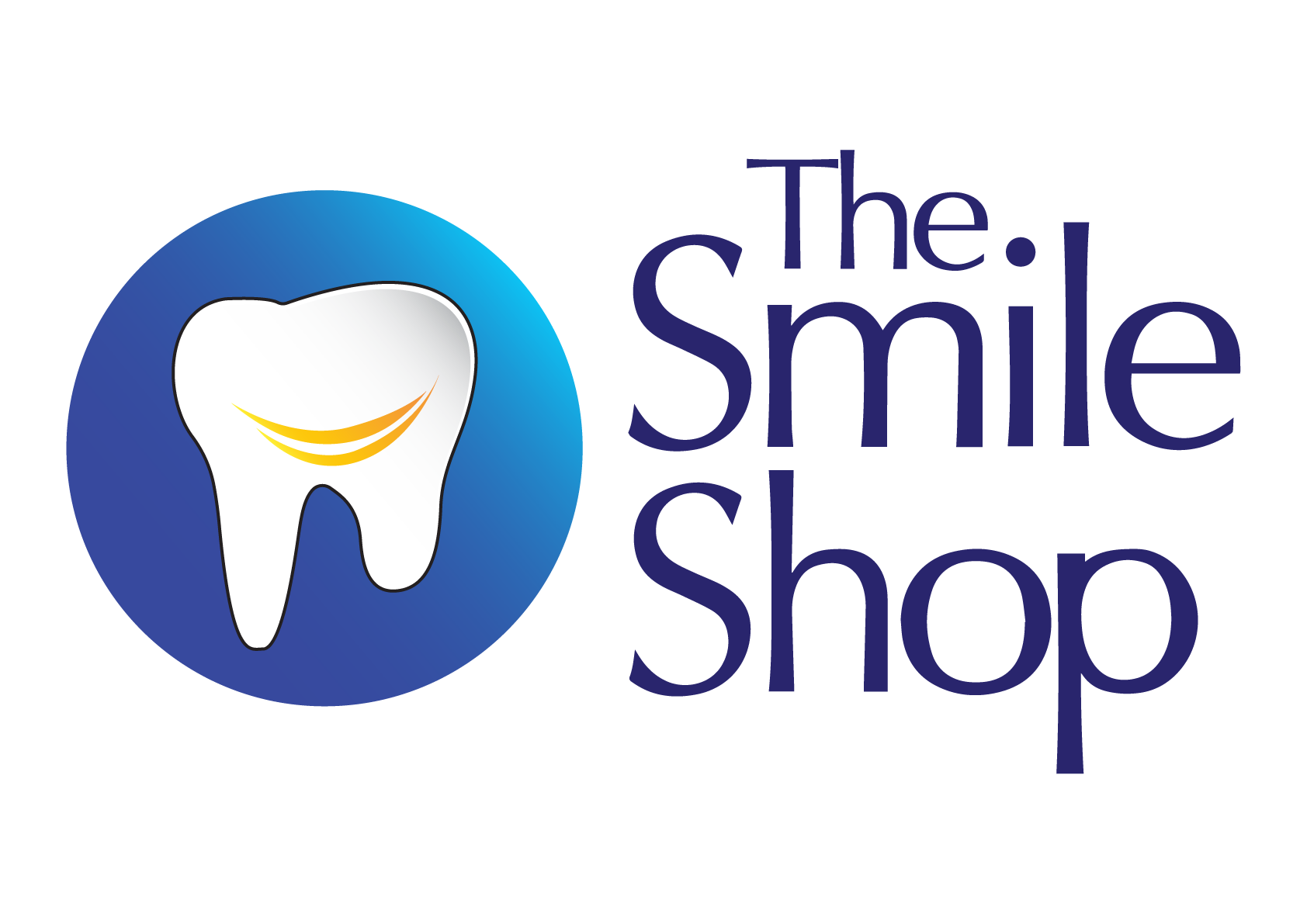When it comes to maintaining optimal oral health, most people focus on brushing, flossing, and regular dental check-ups. However, one often overlooked factor is nutrition. What we eat and drink plays a significant role in our dental health. A balanced diet not only supports overall well-being but also helps promote strong teeth, healthy gums, and a vibrant smile. Here are some essential roles nutrition plays in dental health and some tips for incorporating mouth-friendly foods into your diet.
1. Essential Nutrients for Dental Health:
a) Calcium: Calcium is crucial for strong teeth and bones. It helps fortify tooth enamel, the protective outer layer of the teeth. Good sources of calcium include dairy products, leafy greens (such as kale and spinach), almonds, and fortified plant-based milk alternatives.
b) Vitamin D: Vitamin D aids in calcium absorption and helps maintain proper mineralization of teeth. Sunlight exposure, fatty fish (like salmon and mackerel), fortified dairy products, and egg yolks are excellent sources of vitamin D.
c) Vitamin C: Vitamin C is essential for healthy gums and plays a vital role in collagen production. Include citrus fruits, strawberries, bell peppers, and leafy greens in your diet to ensure an adequate intake of vitamin C.
d) Phosphorus: Phosphorus works in conjunction with calcium to promote strong teeth and bones. Good sources of phosphorus include fish, poultry, dairy products, nuts, and legumes.
2. Limit Sugary and Acidic Foods:
a) Sugary Foods: Excessive consumption of sugary foods and beverages contributes to tooth decay. Bacteria in the mouth feed on sugar, producing acids that erode tooth enamel. Limit your intake of sugary snacks, sodas, candies, and desserts. Opt for healthier alternatives like fresh fruits or sugar-free options.
b) Acidic Foods: Acidic foods and drinks can weaken tooth enamel over time. Citrus fruits, tomatoes, vinegar, and carbonated beverages are examples of acidic foods. Enjoy them in moderation and rinse your mouth with water afterward to help neutralize the acid.
3. Water and Hydration: Drinking water is not only essential for overall health but also beneficial for dental health. Water helps wash away food particles and stimulate saliva production, which aids in neutralizing acids and remineralizing teeth. Opt for fluoridated water when possible, as fluoride helps strengthen tooth enamel and prevent tooth decay.
4. Snacking and Timing: Frequent snacking throughout the day exposes your teeth to prolonged periods of acid attacks. Instead, aim for balanced meals and limit snacking. If you do snack, choose mouth-friendly options like crunchy fruits and vegetables, yogurt, cheese, or nuts. Brushing your teeth or rinsing with water after snacking can help minimize the impact on dental health.
5. Hygiene Habits: While nutrition is essential, it does not replace good oral hygiene practices. Brush your teeth twice a day with fluoride toothpaste, floss daily, and use an antibacterial mouthwash. Combining proper nutrition with consistent oral hygiene habits is the key to optimal dental health.
Overall, maintaining a healthy smile goes beyond brushing and flossing—It starts with the food choices we make. By embracing a mouth-friendly diet, you can take a proactive approach to enhance your dental health and enjoy a beautiful smile for years to come!
Need to speak with a Dentist? Contact Us Here

